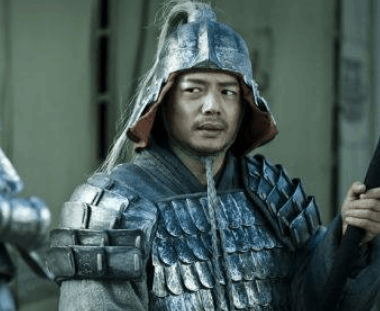In the ancient history of China, the relationship between the Han Dynasty and the Xiongnu has always been an important issue. During the period of Emperor Wudi of the Han Dynasty, the Han Dynasty had already defeated the Xiongnu, so why did it still need to marry with the Xiongnu during the period of Emperor Yuan of the Han Dynasty? This question involves the adjustment of the foreign policy of the Han Dynasty and the balancing of national interests.

During the period of Emperor Wudi of the Han Dynasty, the national strength of the Han Dynasty was strong, and it adopted a positive expansion policy towards the outside. Through many wars, Emperor Wudi successfully defeated the Xiongnu, pushed its territory northward, and ensured the national security of the Han Dynasty. However, this expansion policy also brought some problems, such as huge war consumption and unstable borders. Therefore, in the later period of Emperor Wudi, the Han Dynasty began to seek ways to reconcile with the Xiongnu.
During the period of Emperor Yuan of the Han Dynasty, the national strength of the Han Dynasty had already declined, while the Xiongnu, after suffering heavy losses, also began to seek reconciliation with the Han Dynasty. At this time, Emperor Yuan faced a choice: whether to continue to fight against the Xiongnu or to seek peaceful coexistence? Considering the actual situation of the country, Emperor Yuan chose the latter.
There are several reasons for the marriage between the Han Dynasty and the Xiongnu during the period of Emperor Yuan:
1. National economic pressure: Long-term wars put huge pressure on the economy of the Han Dynasty, resulting in empty treasuries and declining people's livelihoods. The marriage policy can reduce the economic burden brought by the war, which is beneficial to the recovery and development of the national economy.
2. Border stability: The marriage with the Xiongnu helps to stabilize the border situation, reduce border conflicts, and enable the Han Dynasty to have more energy to invest in domestic construction and development.
3. Ethnic integration: The marriage policy helps to promote the exchange and integration between the Han and Xiongnu nations, enhance mutual understanding, and lay the foundation for ethnic integration in later generations.
4. International environment: At that time, the Han Dynasty also faced pressure from other countries, such as Nanyue and Xinan. The marriage with the Xiongnu can enable the Han Dynasty to gain more allies internationally and jointly respond to external threats.
In summary, the marriage between the Han Dynasty and the Xiongnu during the period of Emperor Yuan was based on national interests and actual situations. This policy shift reflects the wisdom of the Han Dynasty in adjusting its foreign policy according to domestic and international situations in different periods, and also leaves valuable historical experience for later generations.
Disclaimer: The above content is sourced from the internet and the copyright belongs to the original author. If there is any infringement of your original copyright, please inform us and we will delete the relevant content as soon as possible.
































